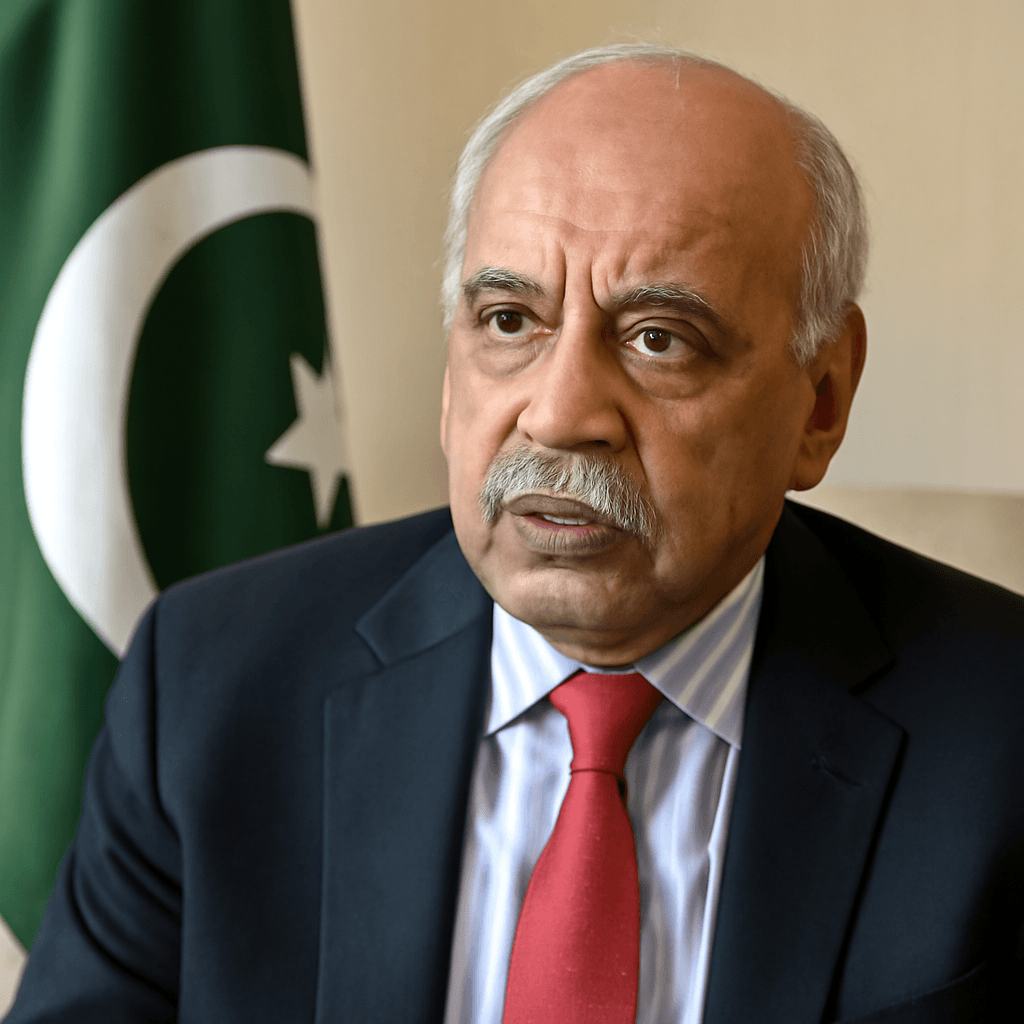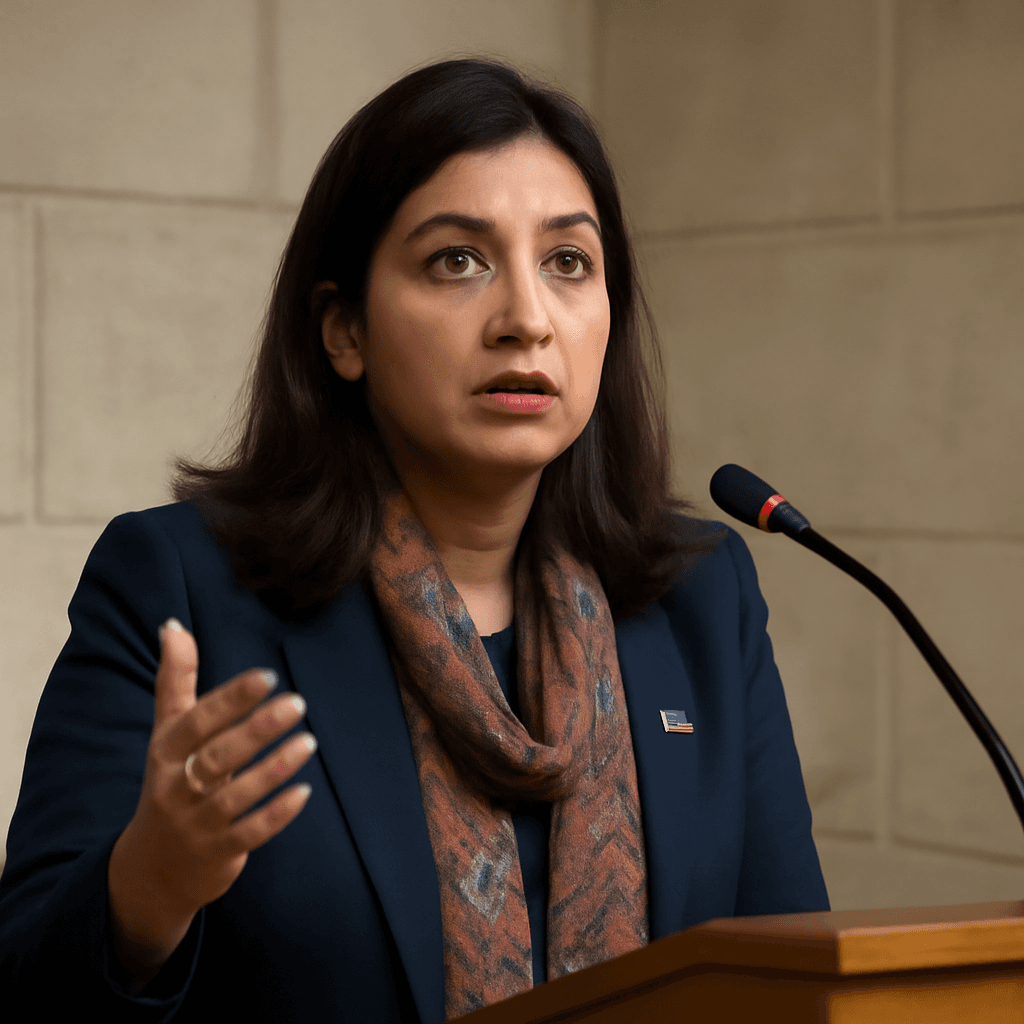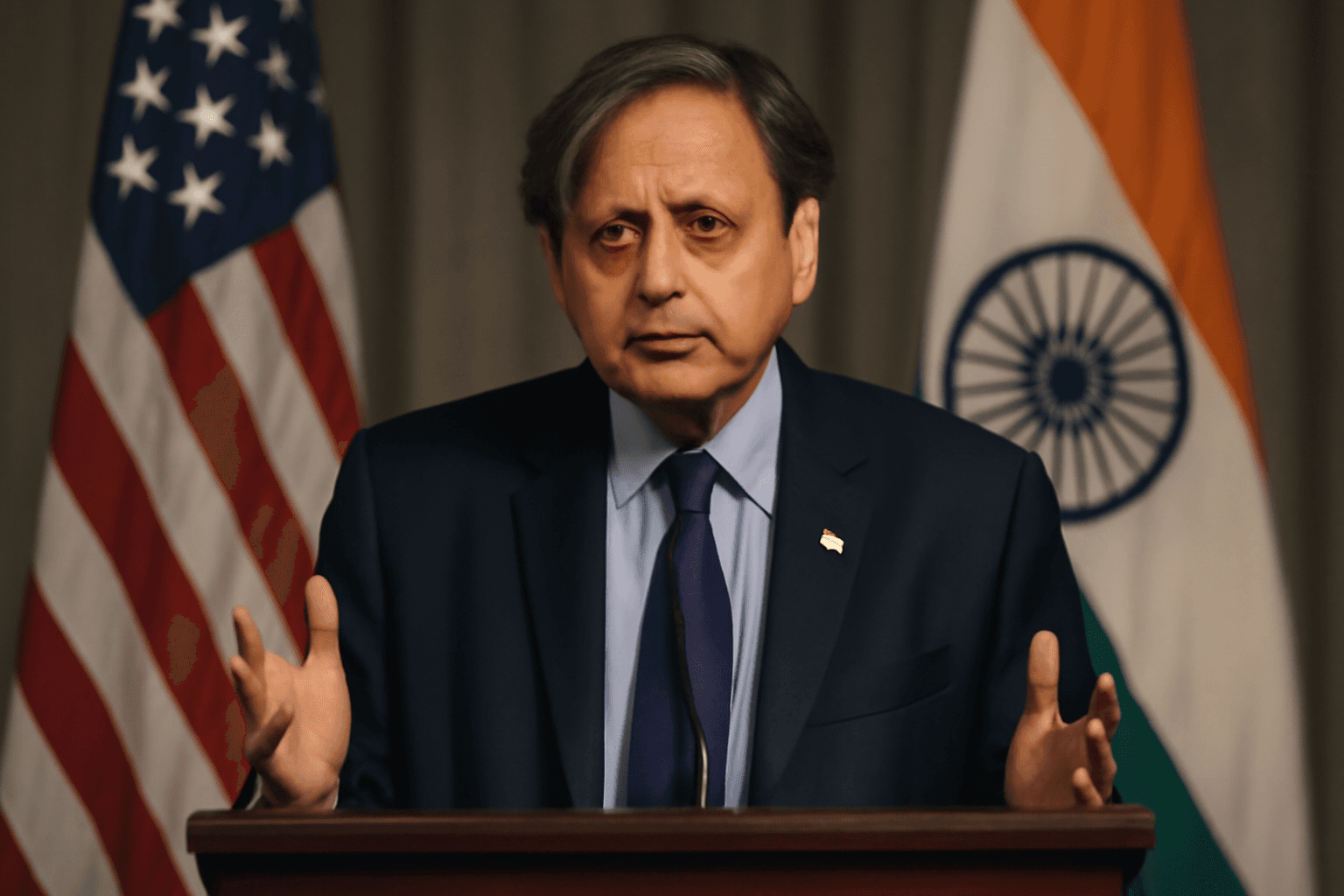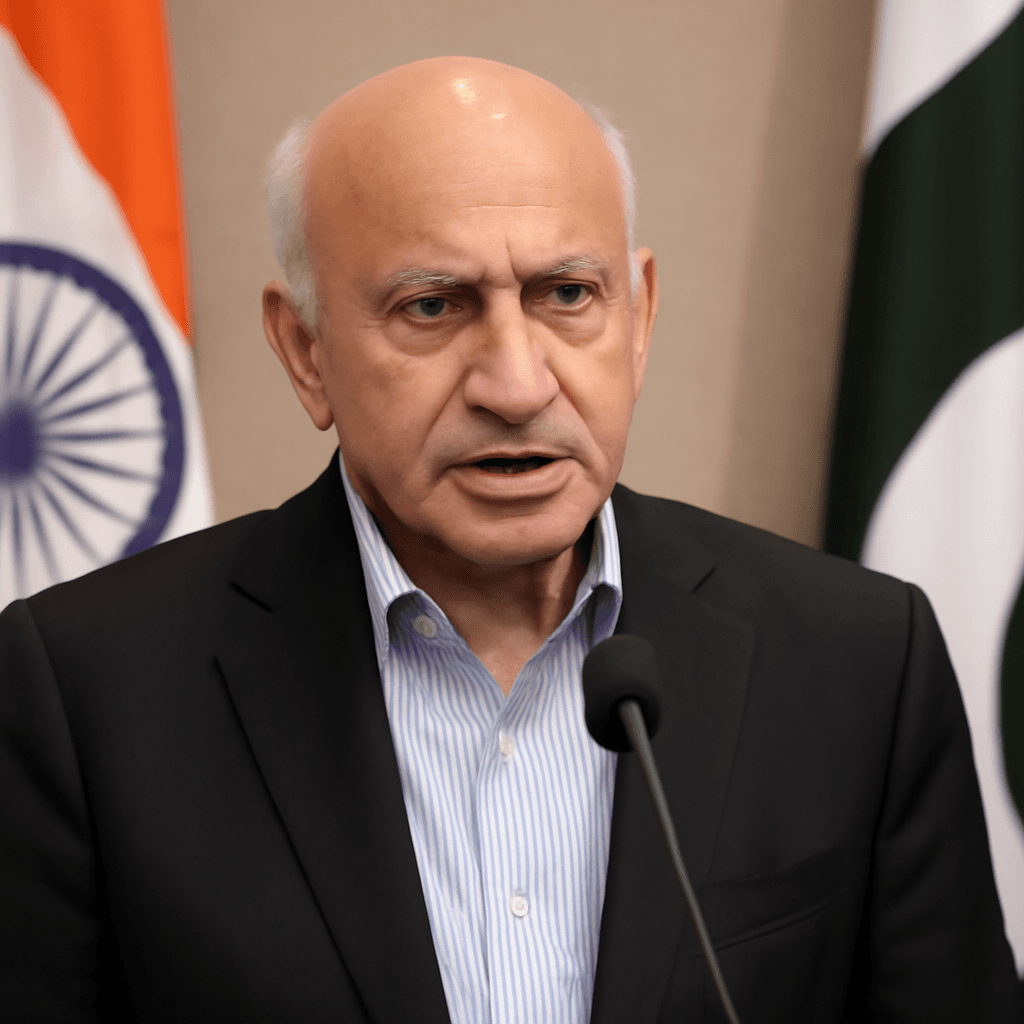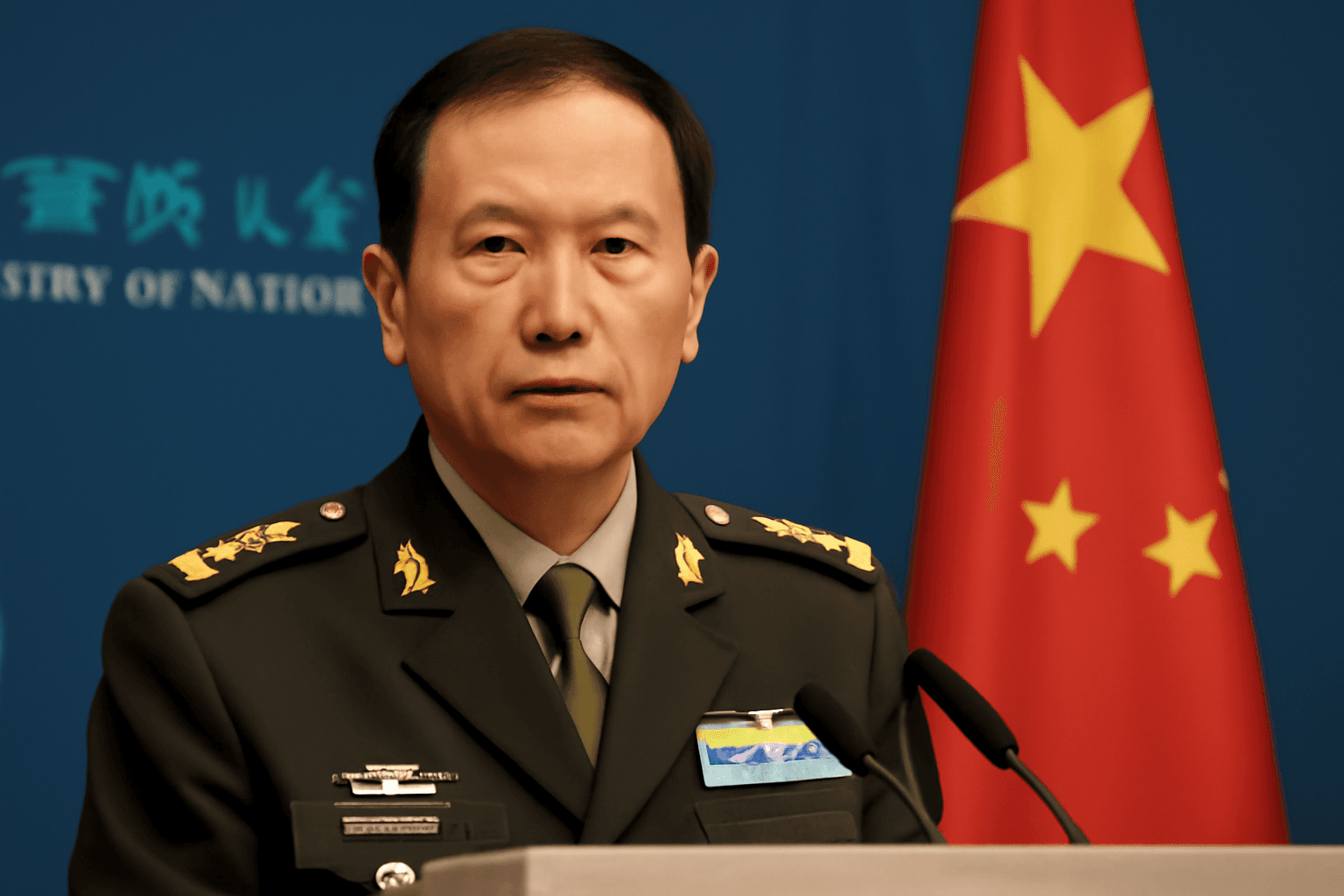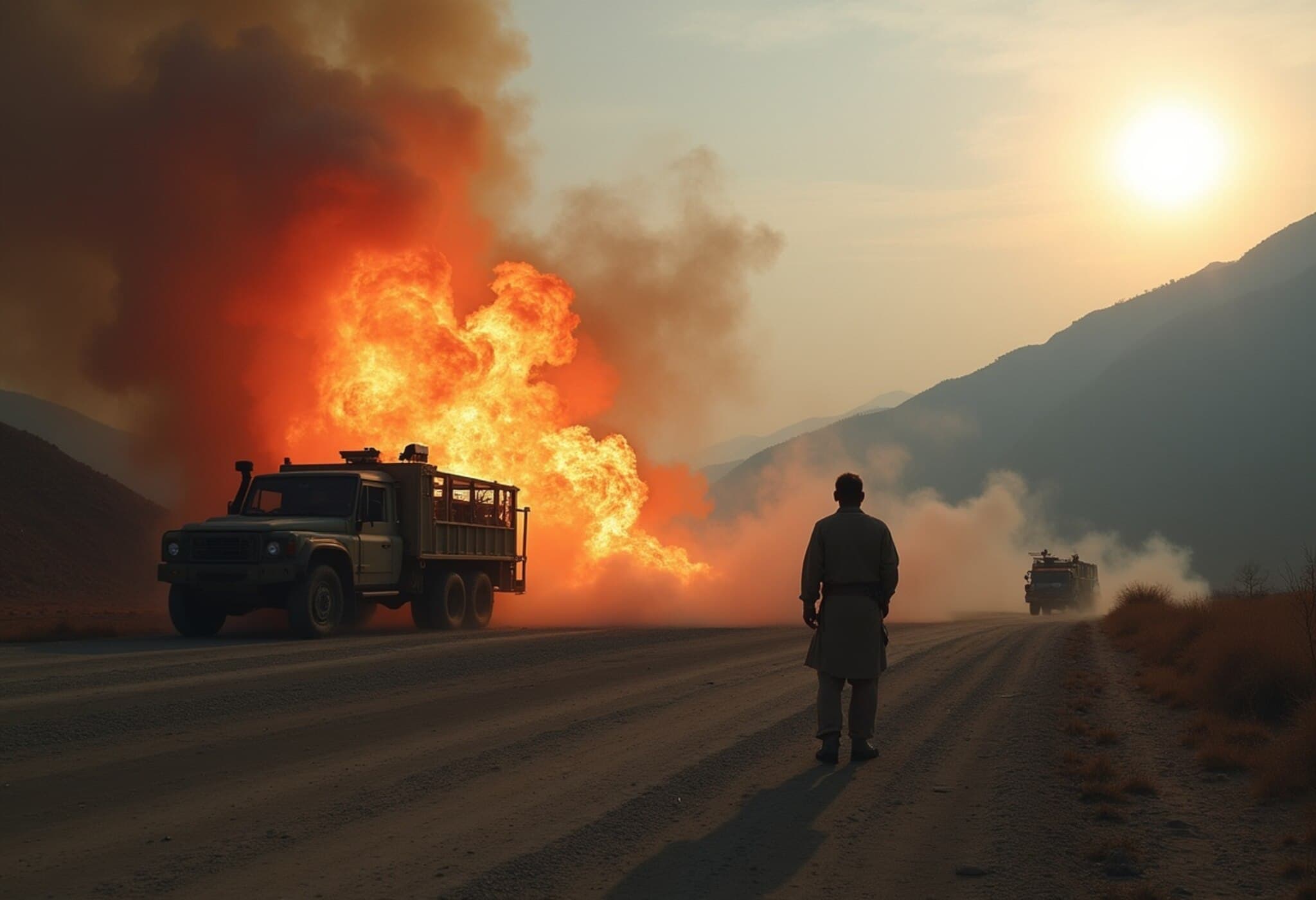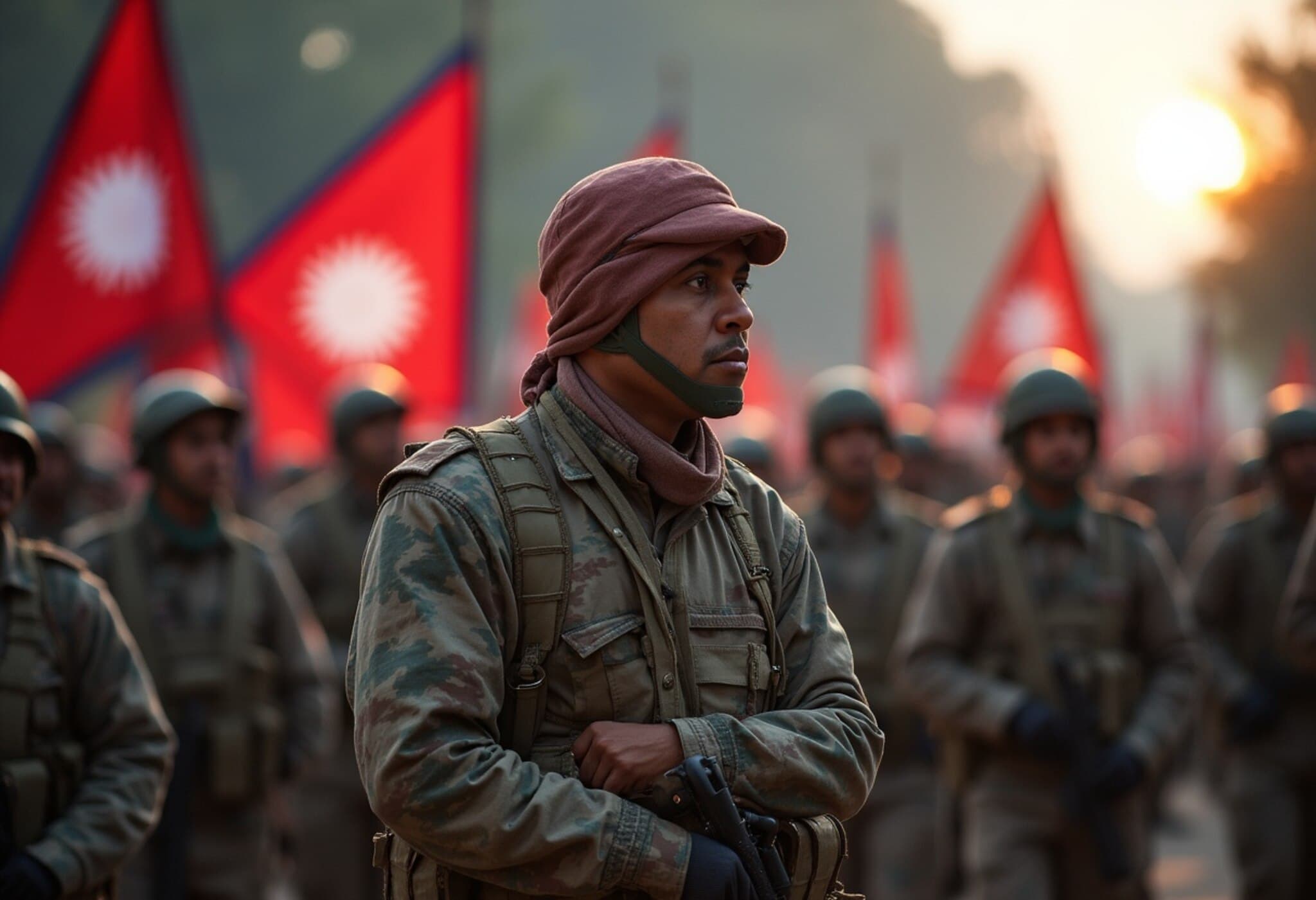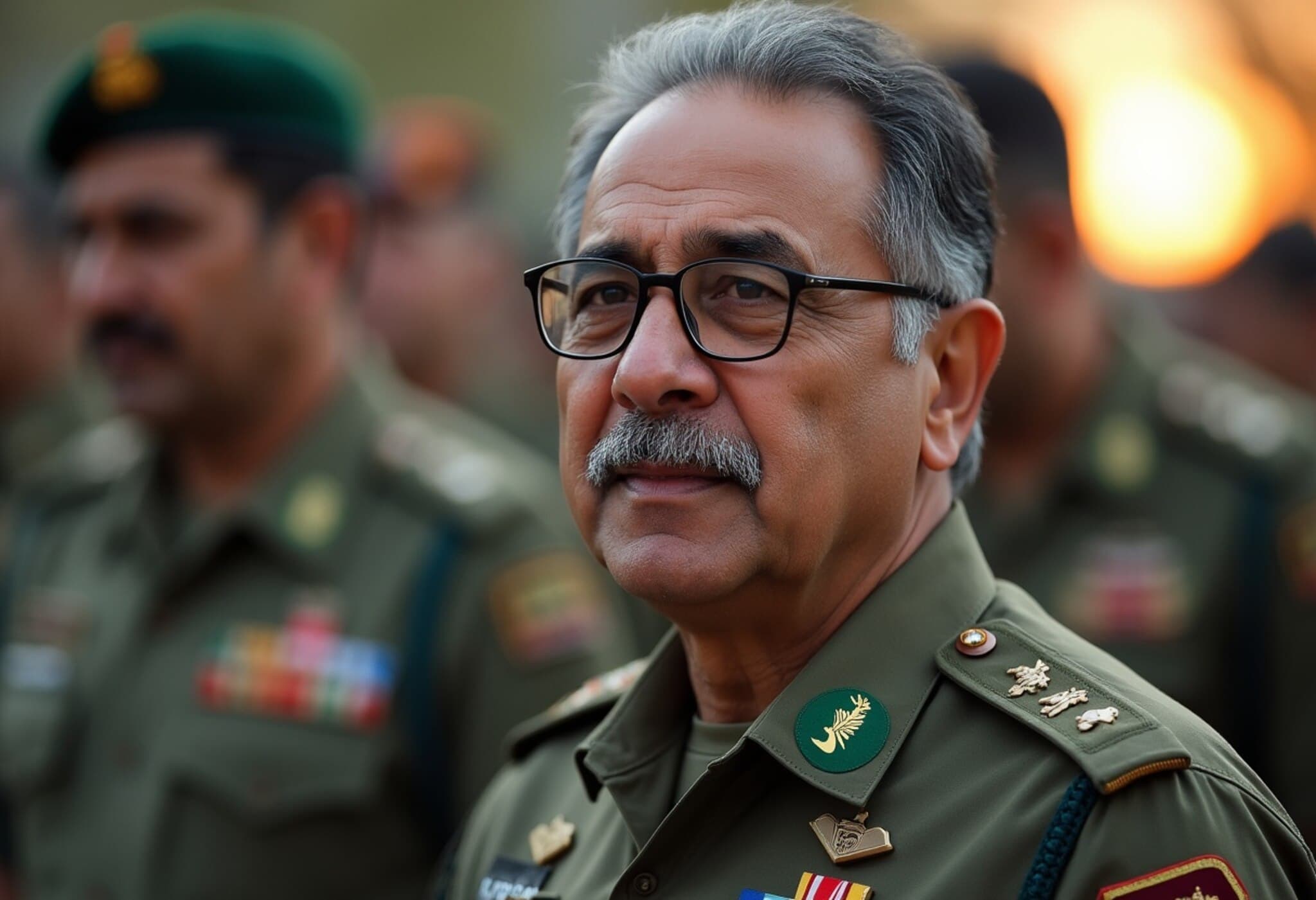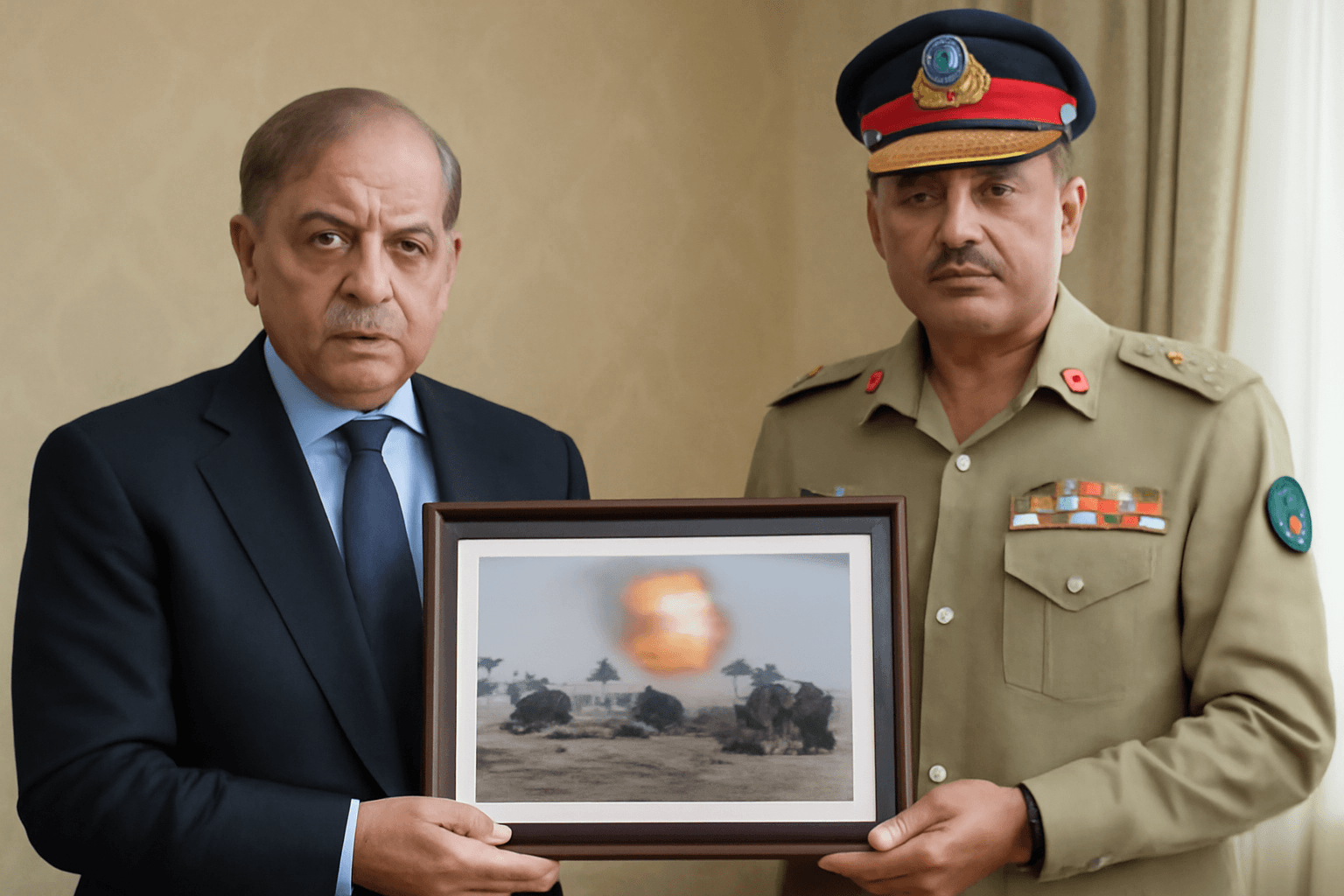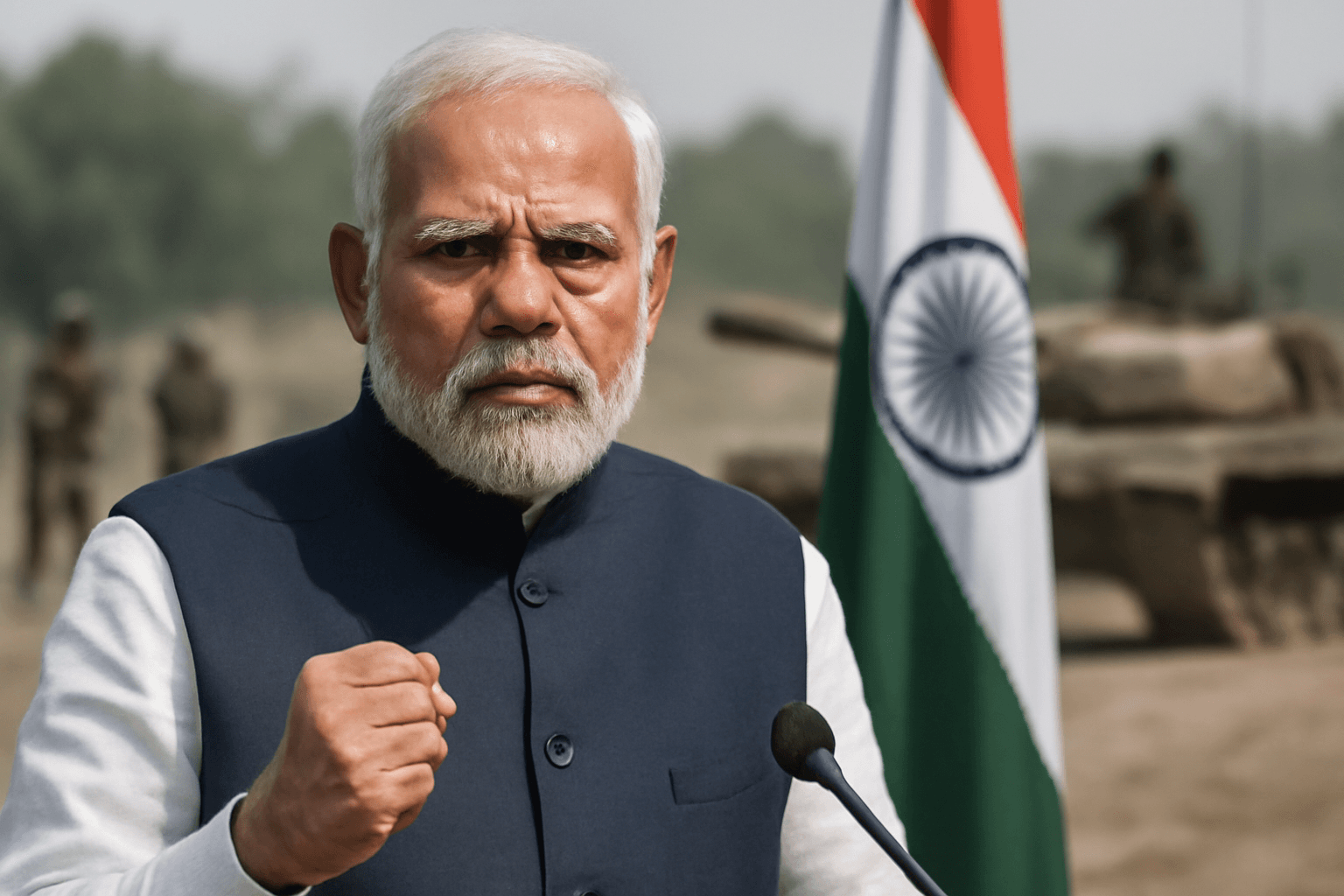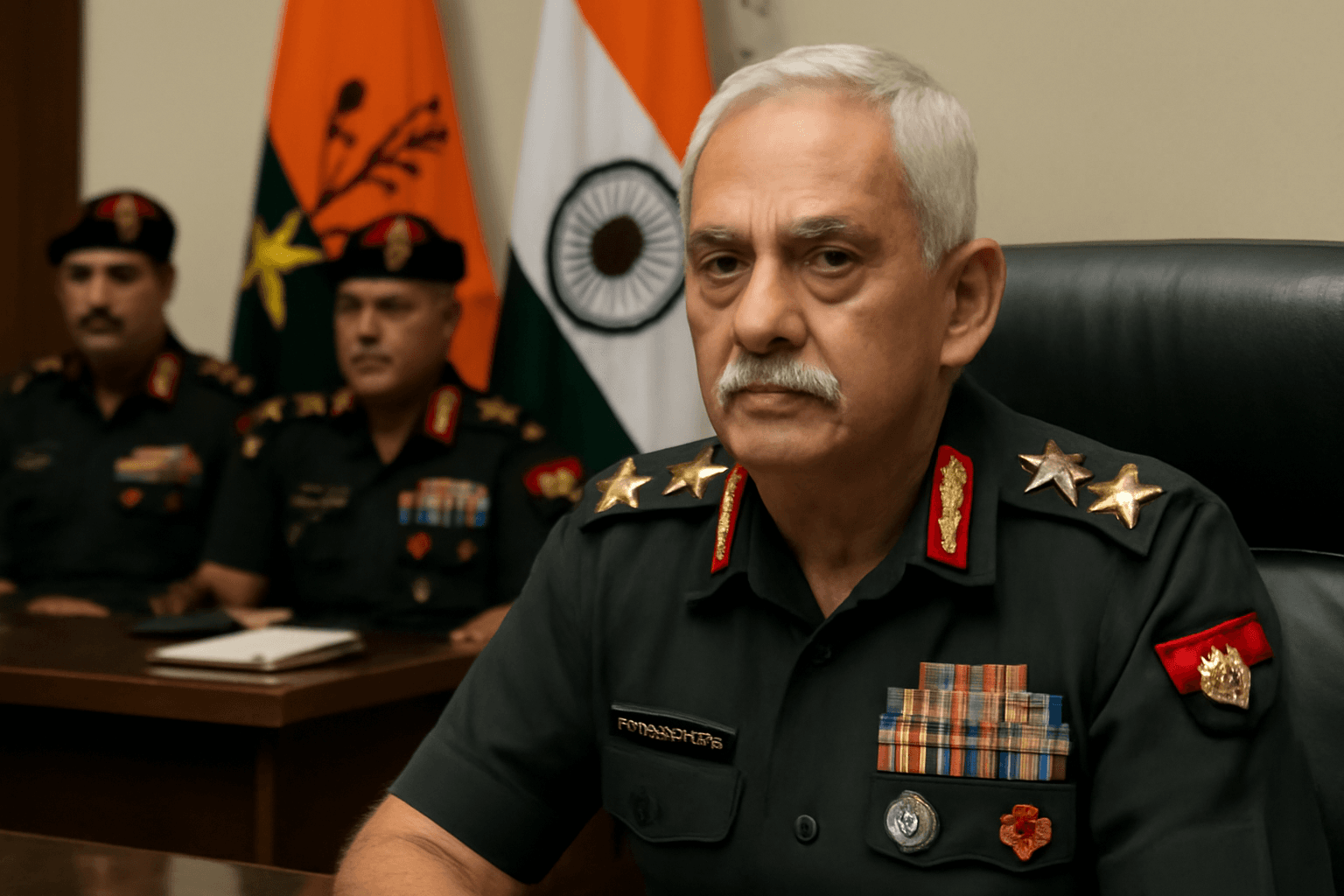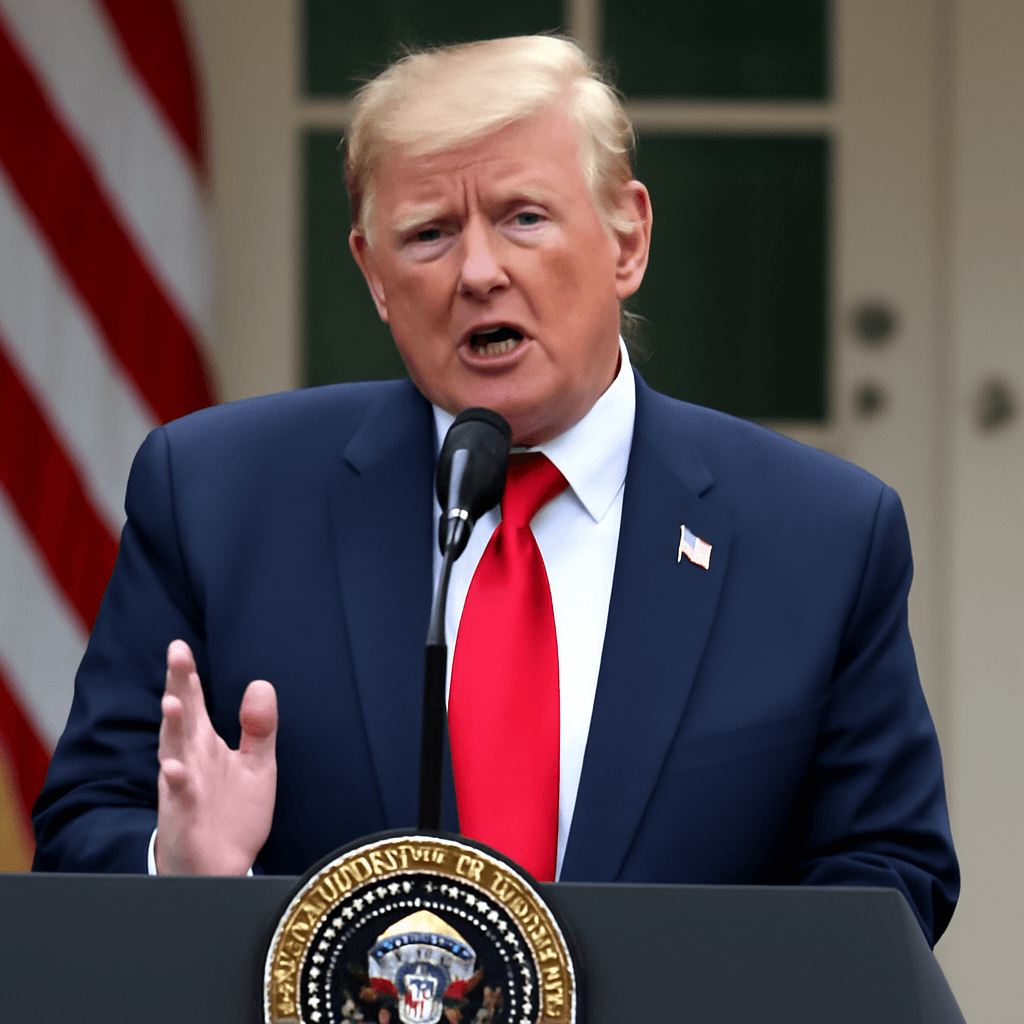Tilak Devasher, a prominent Pakistan expert and former Special Secretary at the Cabinet Secretariat, emphasized that anti-India sentiment is deeply embedded in Pakistan's national psyche. According to him, the only effective deterrent against terrorism sponsored from Pakistan is to continuously increase the costs imposed for every terror act.
Devasher’s remarks come amid heightened tensions following India’s Operation Sindoor, which marked a significant escalation in India's counterterrorism strategy by targeting key terror group headquarters in Punjab and other sensitive locations in Pakistan. This operation diverged from earlier responses such as the 2016 surgical strikes and the 2019 airstrike on terrorist facilities by striking at the core infrastructure of Lashkar-e-Taiba and Jaish-e-Mohammed.
Highlighting the strategic surprise inflicted upon Pakistan, Devasher noted that Islamabad had not anticipated Indian strikes in Punjab, including attacks on terror headquarters and airbases. He observed that the subsequent promotion of Pakistan’s Chief of Army Staff, Asim Munir, to Field Marshal was likely a move to restore military morale after a significant setback. Devasher characterized this elevation as damage control aimed at portraying strength despite military defeat.
Discussing the broader Indo-Pak relationship, Devasher reiterated that for Pakistan’s military elite, confrontation with India remains essential to sustain their dominance domestically. He explained that normalizing relations would undermine the army's authority. Therefore, the only viable strategy to deter Pakistan is to impose escalating consequences on its aggressive actions, which, given Pakistan’s economic challenges, would strain its capacity to recover from repeated confrontations.
Devasher also evaluated India’s “Modi Doctrine” on national security as a decisive posture signaling retaliatory strikes against terrorism without distinctions between terrorists and their sponsors. This doctrine rejects nuclear coercion and demonstrates India’s readiness for precise and impactful responses to threats.
Furthermore, Devasher speculated that Pakistan’s internal insurgent groups, including Baloch, Pashtun, and Sindhi factions, might intensify operations, encouraged by perceived weaknesses in the Pakistani military. Despite Pakistan’s internal challenges — political instability, financial difficulties, and insurgencies — Devasher maintained that the entrenched anti-India sentiment remains unwavering and continues to fuel hostility.
Regarding nuclear deterrence, he asserted that India effectively called Pakistan’s nuclear bluff by conducting targeted strikes that crossed Pakistan’s declared red lines without provoking nuclear retaliation. Unlike other nuclear states, Pakistan treats nuclear weapons as war-fighting tools rather than deterrents, making India’s restraint and precision particularly significant in managing escalation risk.
In conclusion, Devasher stressed the persistent and intrinsic nature of Pakistan’s hostility toward India and advocated a sustained strategy of increasing punitive costs to ensure long-term deterrence.

